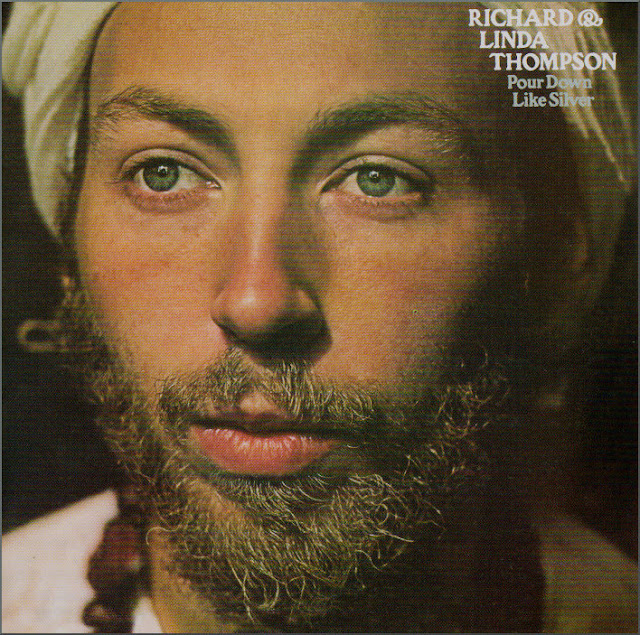John Joubert's homage to victims of apartheid
Composer John Joubert has died at the age of 91. In 2011 his Second Symphony made a surprise appearance in the Gramophone specialist classical chart. Below is my appreciation of the Symphony written at that time.
'My new Symphony - for that is what it eventually turned out to be - would serve as a memorial to the victims of the [Sharpeville massacre] in which eighty-three people were shot dead by the police while taking part in a peaceful demonstration against the notorious Pass Laws, the hated symbol of black subjection to white supremacy. I was also influenced by the example of Shostakovich's own memorial to the victims of political oppression in the shape of his Eleventh Symphony, which so movingly commemorates the dead of the 1905 Revolution in which another peaceful demonstration was turned into a massacre. But where Shostakovich uses Russian political songs as symphonic material, I resolved to make use of three African melodies to give my work a similar sense of urgency and immediacy of purpose.'That is John Joubert writing in the notes for the Dutton release of his Second Symphony. Born in Cape Town a white South African, Joubert moved to England in 1946 where he made his home. His Second Symphony was given its premiere in London in 1971 with Joubert conducting the London Philharmonic Orchestra and was immediately banned in South Africa by the government controlled South African Broadcasting Corporation. The ban was only lifted following the intervention of Nelson Mandela in the mid 1990s.
Do not be misled by the composer's reference to African melodies. This is not a cosy folksy work, rather it is a gritty and angry statement that proudly displays its debt to Shostakovich and Walton. Conductor Martin Yates and the underrated Royal Scottish National Orchestra are passionate advocates of Joubert's music and the coupling includes a little known gem in the form of Carlo Martelli's Fourth Symphony. And on a disc where the planets well and truly align, the Dutton production team use the acoustic of the Henry Wood Hall in Glasgow to prove that for some the sound does still matter.
Elsewhere in his note John Joubert, seen above, explains that inspiration for the Second Symphony came from Alan Paton's Cry the Beloved Country. This novel, which was written shortly before apartheid was implemented in South Africa, is a protest against the attitudes that institutionalised racism. Cry the Beloved Country was banned by South Africa's press censors due to its subject matter; it was first published in America in 1948 and went on to sell 15 million copies before Paton's death in 1988.
New Overgrown Path posts are available via RSS/email by entering your email address in the right-hand sidebar. Any copyrighted material is included for critical analysis, and will be removed at the request of copyright owner(s).













Comments